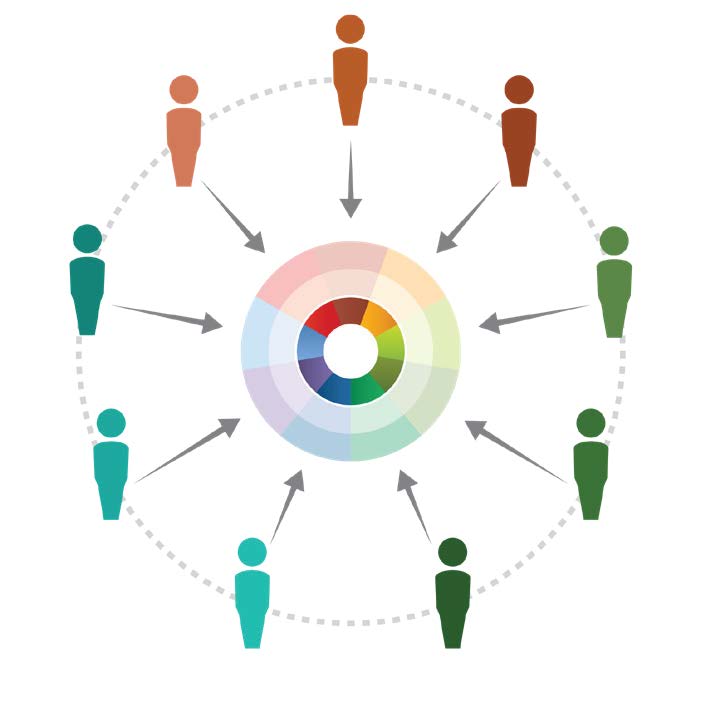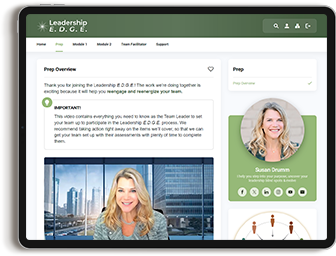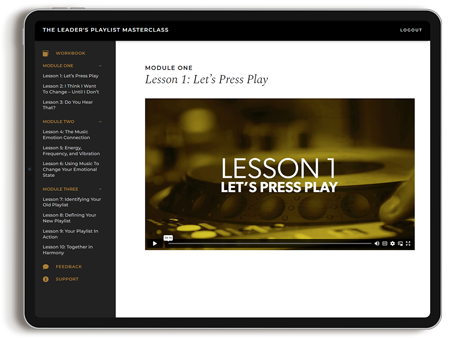How Conscious Leaders Win the Game of Business (feat. Sophie McLean)
If business is a game, how do you play to win?
As a leader, it’s natural to put pressure on yourself to avoid losing at all costs. The stakes are high. Your business is your livelihood. You have investors and employees counting on you.
But the most effective leaders are like football coaches. They don’t quit after one single loss: they’re resilient to setbacks and comfortable testing new strategies.
Leading like a coach means looking at failures objectively, never being afraid to adjust your direction or experiment with a new tactic.
Sophie McLean is a wisdom teacher who has spent decades leading transformational seminars for over 80,000 people around the world. She’s been a helicopter pilot, a designer, a relief worker, a war refugee, a UN representative, and a CEO. Her newest book, The Elegance of Simplicity proposes a pathway to awareness that is life-altering and effortless.
In the latest episode of The Enlightened Executive podcast, Sophie shares how leaders can become innovators and risk-takers in their businesses (and, in turn, live a more fulfilling life).
Approach business like a game
For executives and entrepreneurs, decisiveness is a prerequisite. Choices are made every day, but that doesn’t make it any easier. The problem is, we put so much weight or significance in the choices we make that it can be hard to take action, or we rush to take the wrong action. Then, if something goes wrong, we blame external factors.
Sophie and I talked about why conscious leaders approach life and business like a game.
“If your meaning is business, and you are aware that it’s a game, then you can fully play it without any struggle because you are the source, the originator of the game,” Sophie said.
When you view your business as a game, it takes some of the significance off and allows you to be more innovative. What’s more, you’re able to take full responsibility. If a new tactic or strategy doesn’t work, you pivot and try something else, without victimization or blaming external factors. You are in control of your own actions and reactions.
“When you are fully the originator of your life, the power you access is extraordinary,” Sophie said.
Approaching your business like a game is not about controlling every outcome. It’s about understanding you have the control and the responsibility to pivot.
Practice risk-taking to drive innovation
No one becomes a cutting-edge leader in their industry by playing it safe. Innovation requires an element of risk-taking.
“If you spend your time protecting yourself and trying to get certainty and safety, you might not fail, but you definitely will not win,” Sophie said.
But how do you shift your mindset from fearing risk to welcoming it?
Psychological safety is the key to welcoming risk and fostering creativity in your business. “Funny enough,” Sophie said, “you need to be safe enough to be able to take risks.”
However, a study by WorkHuman found that only 26% of people feel psychologically safe at work. This lack of safety impedes innovation for executives, entrepreneurs, and employees alike.
Executives and entrepreneurs, therefore, must lead by example. Encourage your teams to think creatively and share vulnerably without fear of negative consequences or judgment.
How? By practicing in public:
- Share your ideas out loud, however strange, or unrealistic they may seem.
- Ask open-ended questions, avoid interrupting
- Don’t be afraid to challenge the status quo by asking “Why this?” or “Why not that?”
Every industry has room for disruption. If you want to be cutting edge in your field, you need to be willing to adapt, make changes, and take risks.
“If you look at the whole of life as a game—the significance, the attachment, the identification disappears and you access this freedom of taking risks,” Sophie said.
In this episode, Sophie also shares…
- Understanding the role of ego to become a conscious leader.
- Why to lead from a place of abundance (rather than fear).
- How to find awareness in your day-to-day life.
If you liked this episode, don’t miss these other enlightening episodes:
- Chris Schembra discusses how gratitude can improve employee retention
- Justin Donald shares how to improve your “time wealth”
- Christopher Michel provides strategies for building deep trust across your teams




